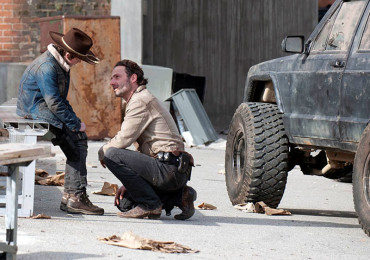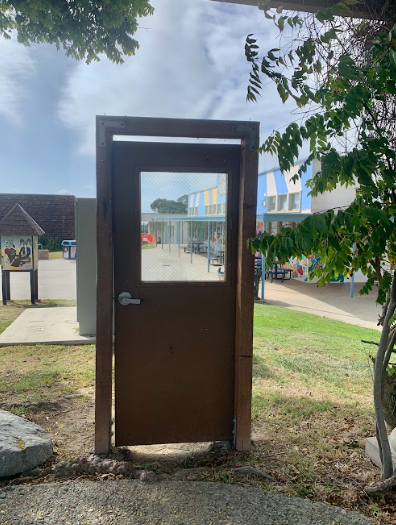The Walking Dead Season Finale
April 5, 2013
Many “Walking Dead” fans say the Season Three Finale was anticlimactic. I disagree. Andrea’s death at the end created the somber mood appropriate to convey the bleakness of the characters’ predicament, the dark new world created by the zombie apocalypse, and Andrea’s full circle character development.
It is true, I expected a bigger clash with the Governor and the people of Woodbury as they came to blows with Rick’s group in the prison, but I do not think it could have gone any other way. The grenade in the catacombs showed a small group of people being crafty enough to utilize their resources to win despite inferior numbers. This also seems to be the only way to survive in a post-apocalyptic zombie playground.
Having the whole thing end in the Governor mowing down his own people in a field and ordering his own Lieutenant to kill his former lover may seem crazy to anybody who has not been watching the show since the beginning, but to any diehard fan it made perfect sense. “If you don’t kill, you die, and then you kill,” is the Governor’s justification. Carl’s own murder of his young adversary who was trying to surrender uses similar justification, making the audience fully understand the philosophy of the new world and consider the shifting morality.
Finally, Andrea’s death brings everything full circle. She has wanted to commit suicide since her sister, Amy, was killed in Season One to die with dignity and avoid becoming a disgusting, drooling Walker or a meal for one. She was bitten, but she was able to salvage her own death by bringing it on before the fever could. It was poetic and bleak, a perfect way to end a season rife with social commentary in addition to bad ass characters stomping on zombie heads.











